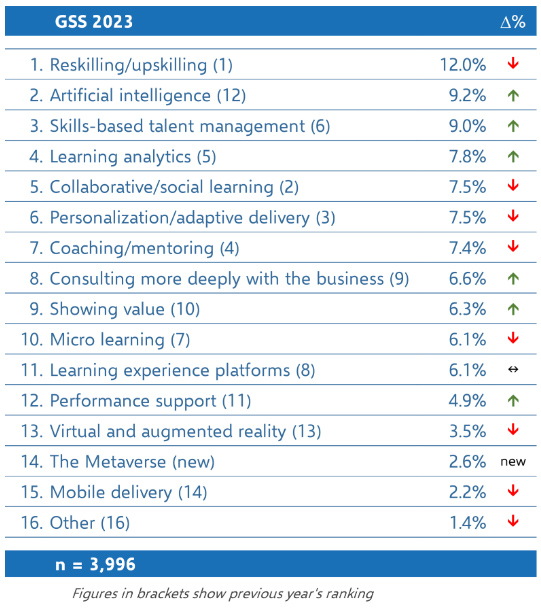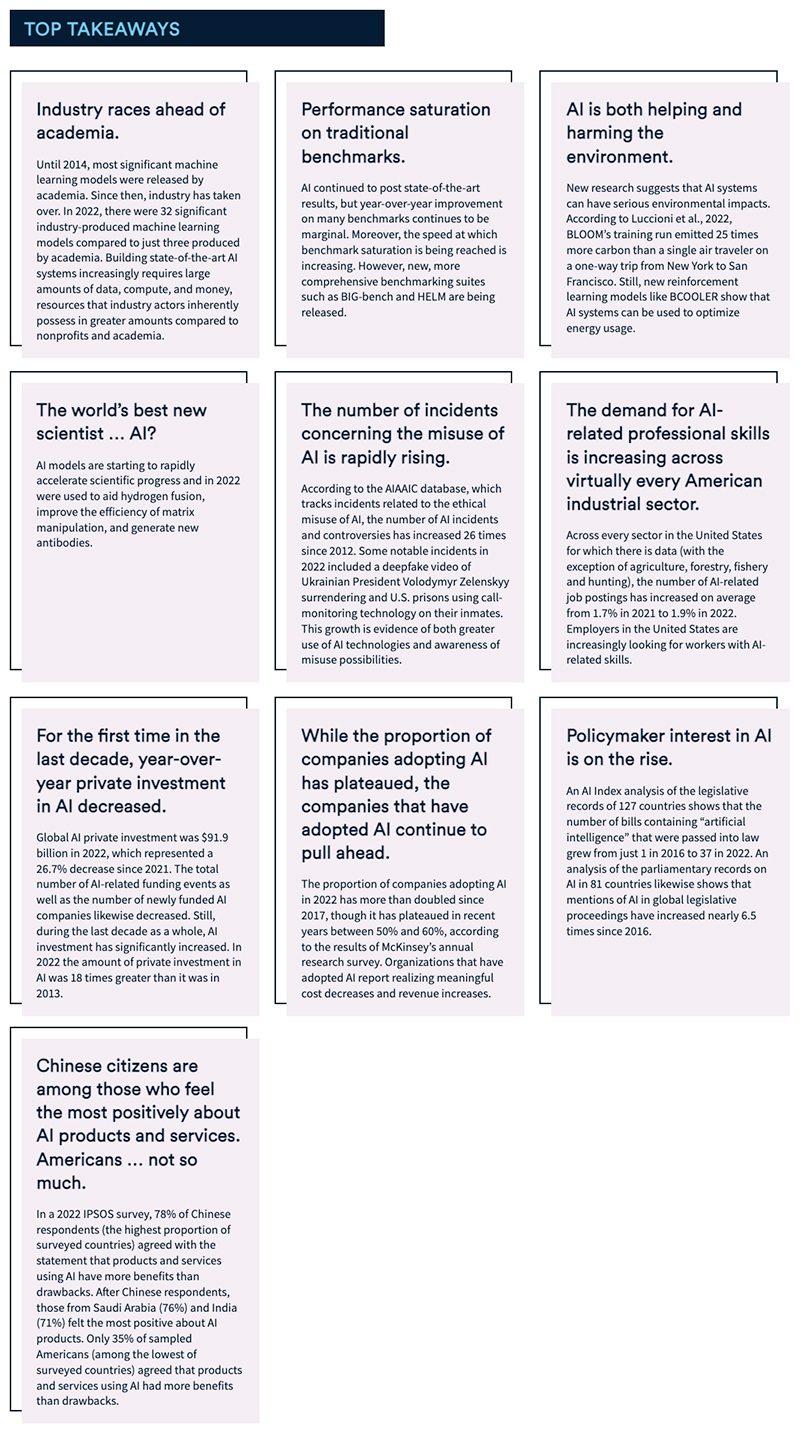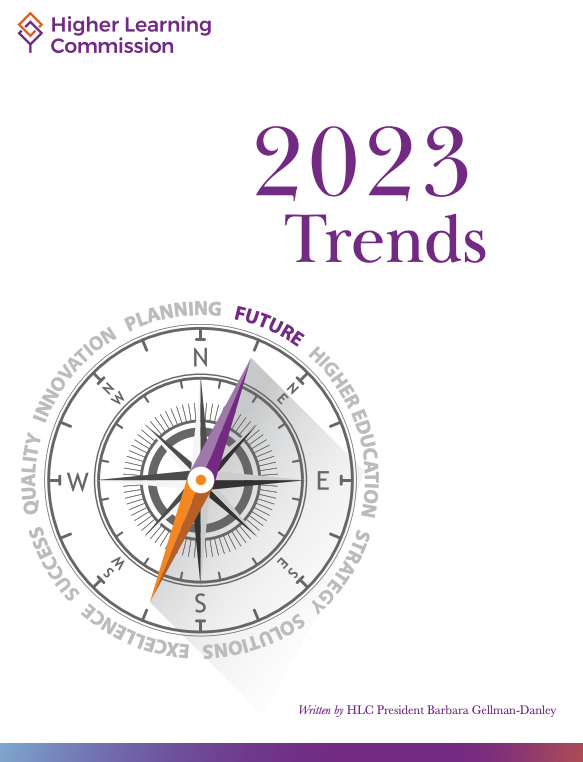7 reasons to get rid of the law degree — from jordanfurlong.substack.com by Jordan Furlong
Requiring a law degree for bar admission imposes unfair burdens on new lawyers and blocks innovation in legal education. Here’s what we can do instead.
Excerpt:
Hey there, legal sector participant! Do you feel that law school is too expensive? That law students graduate too heavily in debt and deeply stressed? That legal education seems impossible to reform? That the whole lawyer development and bar admission system in general is an enormous hot mess?
If so, you’re like thousands of others who’ve grown massively frustrated with the profession’s broken-down approach to developing new lawyers. But I’m here with some good news! There’s a simple and straightforward path to resolving these and many other problems with legal education and bar admission.
We start by getting rid of the law degree.
Now, hold on, let me be clear — I don’t mean kill the law degree itself. That would be crazy.
No, I mean, let’s get rid of the law degree as a mandatory element of the lawyer licensing process. Law schools should continue to offer whatever sort of degree programs they like — but legal regulators and bar admission authorities should no longer require everybody who wants to be a lawyer to get one.
From DSC:
I need to think on this further, but Jordan could be onto something here…
A better pathway to lawyer licensing — from jordanfurlong.substack.com by Jordan Furlong
No law degree; a single knowledge exam; training in legal, business and professional skills; and a term of supervised practice. This is how we do it.
Excerpt:
Previously here at Substack, I provided a pretty comprehensive takedown of the law degree requirement for lawyer licensing. It generated a ton of fascinating and gratifying feedback, here and especially at LinkedIn, with a few objections but mostly a lot of support.
Of course, it’s easy to criticize legal education — fun, too — but look, most people in the legal profession already know all the problems with the law degree, and complaining about it is kind of a vacuous pastime. What I’m really interested in here is a bigger and more important question: How does — how should — someone become a lawyer?
Verified Skills — from the-job.beehiiv.com by Paul Fain
Hunting for a common thread amid the hype around skills.
Excerpt:
The glitzy ASU+GSV gathering this week was titled “Brave New World.” But Tim Knowles wanted to talk about 1906.
That was when the organization Knowles leads, the Carnegie Foundation for the Advancement of Teaching, created the credit-hour standard. The time has arrived, argue Knowles and Amit Sevak, CEO of ETS, to move away from the Carnegie Unit and toward a new currency of education based on meaningful skills and accomplishments, demonstrated through assessment.
Our old way of training Americans for ‘good jobs’ is past its sell-by date — from workshift.opencampusmedia.org by JB Holston
We’re at a pivot point in education and workforce development. Employers in the U.S. and its allies have an opportunity to accelerate their economies by collaborating to scale new pathways to prosperity. They need to seize that opportunity, writes JB Holston, former CEO of the Greater Washington Partnership.
The country is at a pivot point. COVID’s acceleration of remote work and training; an increased dedication to inclusion, equity, and diversity since the murder of George Floyd; the inexorable pace of technological change; and America’s new, well-funded industrial policy have created an opportunity for the most significant re-set in the relationship between employers and our education systems in the last 150 years.
The old path to family-supporting career positions—which depended on large employers recruiting graduates from a small universe of ranked colleges whose education stopped with that degree—is past its sell-by date.
AI in Hiring and Evaluating Workers: What Americans Think — from pewresearch.org by Lee Rainie, Monica Anderson, Colleen McClain, Emily A. Vogels, and Risa Gelles-Watnick
62% believe artificial intelligence will have a major impact on jobholders overall in the next 20 years, but far fewer think it will greatly affect them personally. People are generally wary and uncertain of AI being used in hiring and assessing workers
Excerpt:
A new Pew Research Center survey finds crosscurrents in the public’s opinions as they look at the possible uses of AI in workplaces. Americans are wary and sometimes worried. For instance, they oppose AI use in making final hiring decisions by a 71%-7% margin, and a majority also opposes AI analysis being used in making firing decisions. Pluralities oppose AI use in reviewing job applications and in determining whether a worker should be promoted. Beyond that, majorities do not support the idea of AI systems being used to track workers’ movements while they are at work or keeping track of when office workers are at their desks.
The Good and the Bad of Solo Practice, Per Clio’s Latest Legal Trends Report for Solos — from lawnext.com by Bob Ambrogi
Excerpt:
As a solo myself, I can tell you that there is much to be said for practicing on your own – freedom and independence not least among them. In fact, during 2022’s “Great Resignation,” a third of lawyers who quit their jobs did so to start their own solo practices, according to Legal Trends for Solo Law Firms, a report published today by law practice management company Clio.
But there are also disadvantages to practicing alone and challenges unique to solo lawyers, as this latest report documents.
You no longer need a college degree to work at these 7 companies — from businessinsider.com by Ethan Dodd
Key points:
- College-degree requirements have locked out millions of Americans from good-paying jobs.
- Persistent labor shortages are causing more and more companies to drop degree requirements.
- These seven companies in tech, finance, and aviation are leading the charge.
Which trends are on your radar? Fantastic resource for #HigherEducation about the changing ecology: Higher Learning Commission’s Annual Trends Report. https://t.co/Lzgph6u3lP
— Melanie Booth, Ed.D. (@boothmelanie) March 25, 2023















